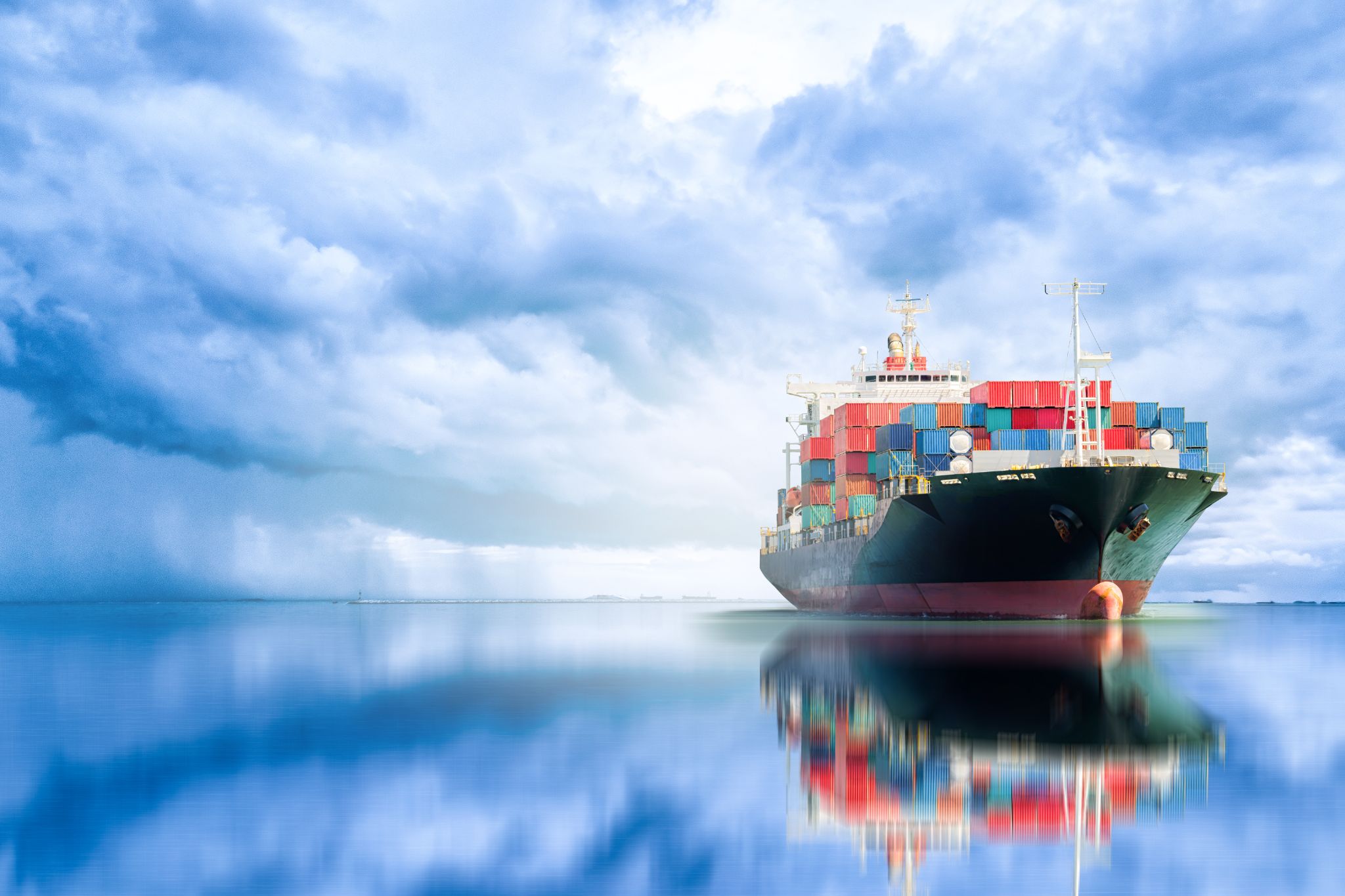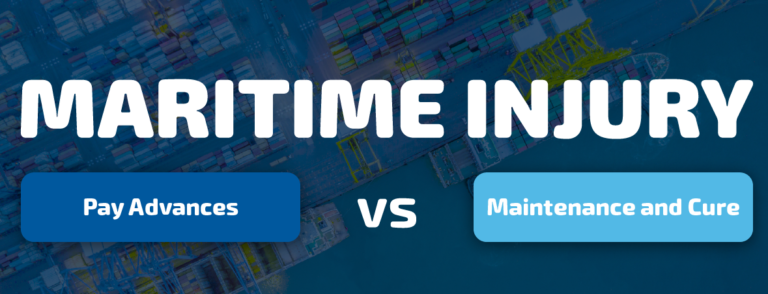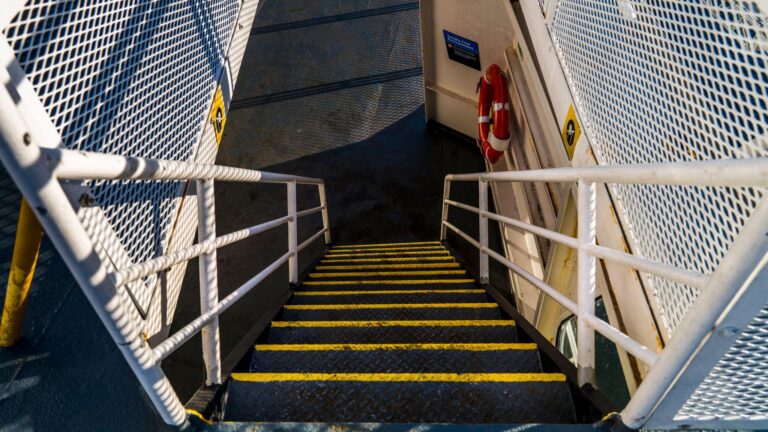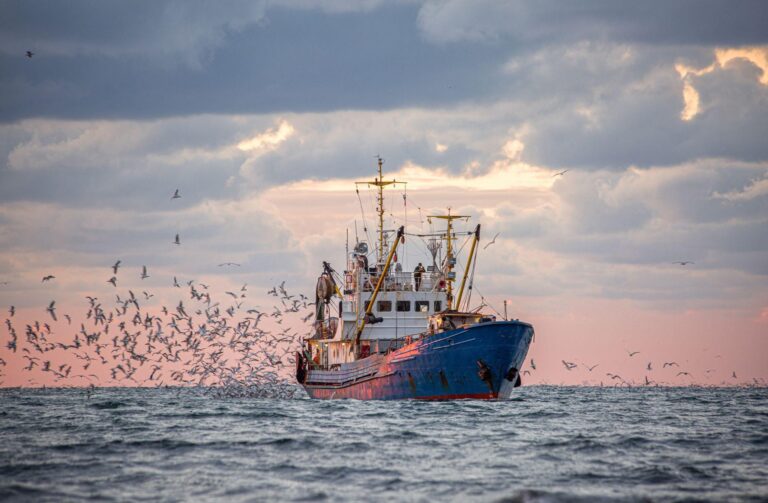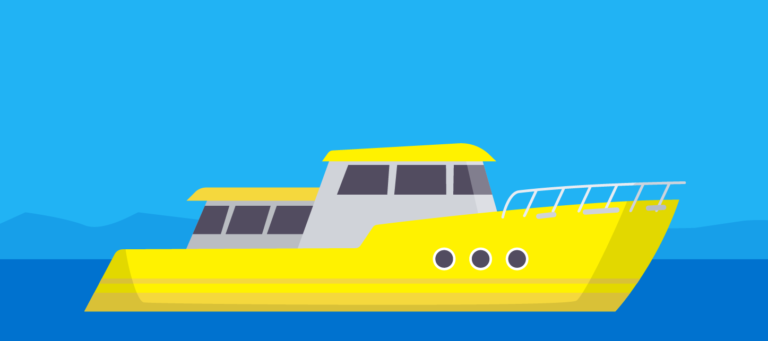International maritime law, also known as the Law of the Sea, refers to the laws used to govern international waters. It consists of a body of conventions, regulations, and treaties used to govern nautical issues and regulate maritime organizations.
Admiralty law refers to the maritime laws of specific countries, such as the United States or Canada. Here in the United States, the U.S. Coast Guard is responsible for overseeing maritime law issues.
Individual country maritime laws are considered independent from national laws. For example, one section of the Jones Act covers maritime issues in the United States for workers’ compensation claims for qualified maritime workers, which takes the place of national or state workers’ compensation laws.
What Are International Waters?
International waters are any waters outside of United States jurisdiction and the jurisdictions of foreign countries. Ships sailing in international waters typically fall under the country of a ship’s registry, for maritime laws.
However, in certain circumstances, maritime laws of the nearest country could apply. To illustrate, a ship’s registry is Nassau. When the ship is sailing in international waters, Nassau’s maritime laws would apply in most cases. Yet, when the ship is sailing in U.S. waters, then U.S. maritime laws might apply.
What Is the International Maritime Organization?
The International Maritime Organization (IMO) is an agency of the United Nations to help establish maritime laws and regulations for member countries. Various conventions created by the IMO are enforceable regardless of the ship’s registry by the appropriate governing agency when sailing in international waters and sailing in waters of a member country.
What Is Covered Under International Maritime Laws?
The IMO has created four different conventions that cover maritime safety, labor laws, maritime worker training and qualifications, and pollution prevention, as follows:
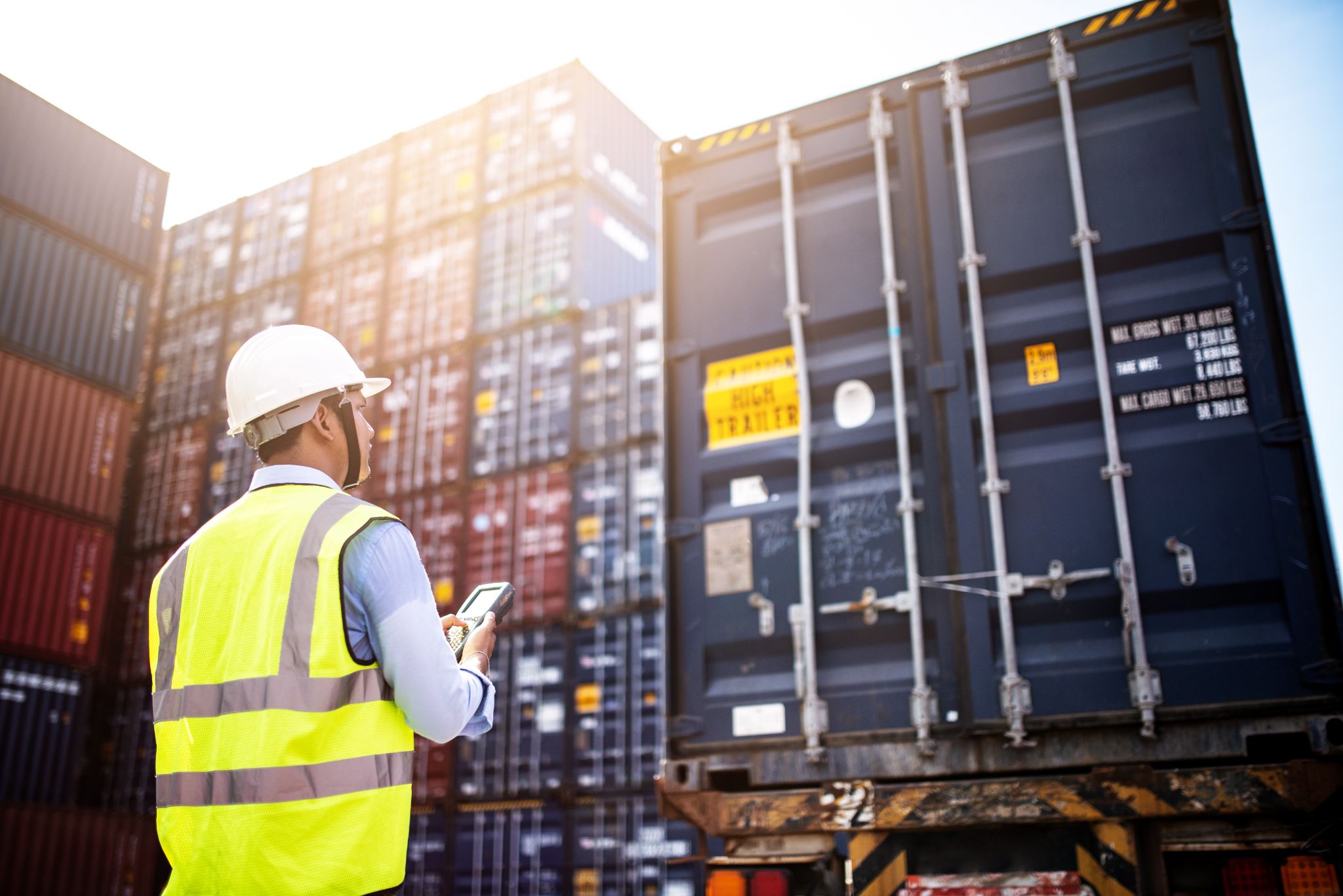
Safety of Life at Sea (SOLAS) Convention
This IMO convention is considered one of the most important ones because it establishes the minimum safety standards regarding the construction and operation of vessels and the type of equipment required onboard. SOLAS only applies to vessels that sail in international waters.
All signatory flag member states or member countries are issued certificates to ensure compliance with SOLAS standards—for example, regulations regarding the number of required lifeboats, muster drills, and inspections to confirm crew knowledge of using the lifeboats and related safety equipment are part of the SOLAS Convention.
Maritime Labor Convention (MLC)
The MLC establishes labor standards for crew members working onboard a vessel. The purpose of the MCL was to create a comprehensive, single-source labor standard to be followed by all member countries.
The seafaring living rights and working rights covered by the MLC include:
- Compensation for Work
- Leave Entitlement
- Employment Contracts
- Career Development
- Repatriation
- Skills Development
- Hours of Rest
- Manning Levels
- Compensation for Ship Foundering or Ship Loss
- Satisfactory Living Conditions
- Access to Medical Facilities
- Access to Recreational Facilities
- Medical Certification
- Age Requirements for Crew Members
- Training and/or Qualification to Perform Job Duties
- Personal Safety Training
Additionally, the MLC includes requirements for risk assessment to reduce the risks of workplace injuries and accidents. It even establishes a system for reporting injuries and accidents.
Standards of Training, Certification, and Watchkeeping (STCW) for Seafarers Convention
The STCW Convention establishes the minimum standards for the ship’s crew at all levels, including watch personnel, ship officers, shipmasters, and cleaning and maintenance personnel. This convention ensures that training and certification are carried out through similar training programs for all crew members of the same rank or role.
The International Convention for the Prevention of Pollution from Ships (MARPOL)
The MARPOL Convention regulates pollution prevention for the ship’s operation, as well as pollution-related accidents. Furthermore, MARPOL establishes the standards for cleaning and discharge processes for shipping waste, transporting, handling, and stowing of hazardous materials.
These four conventions were established to maintain minimum environmental protection and safety standards for vessels and their crew. Additionally, the conventions can be updated as needed to reflect changes in the maritime industry and marine environment.
When Should One Seek a Maritime Lawyer?
Maritime laws can vary from one country to another. The IMO’s international maritime laws and regulations can also apply, depending on the circumstances of the situation, when accidents and injuries occur in international waters or waters where the IMO has jurisdiction over local authorities.
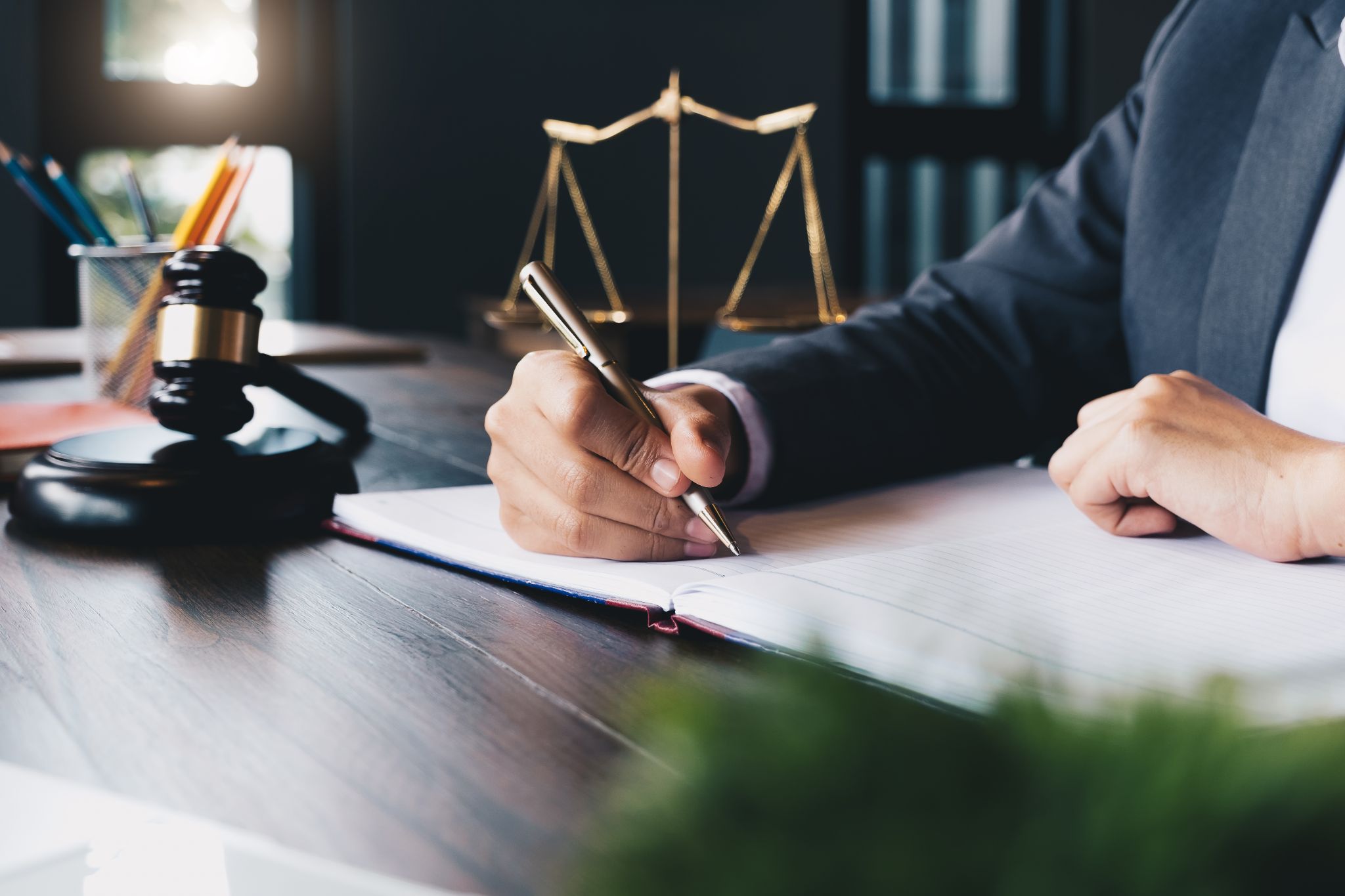
As such, the regulations, conventions, and laws can be very confusing without assistance from maritime lawyers with expertise in United States and international maritime laws, as well as admiralty courts.
Maritime laws are essential to dealing with maritime-related issues, accidents, and injury claims from maritime disputes about international shipping regulations to crew members experiencing personal injuries on the high seas.
At Maintenance and Cure, which is part of the Schechter, Shaffer & Harris, L.L.P. law firm, our maritime lawyers can help answer your questions, evaluate your case, and help you obtain the most appropriate results. Please contact us at 800-836-5830 for a free consultation today!

